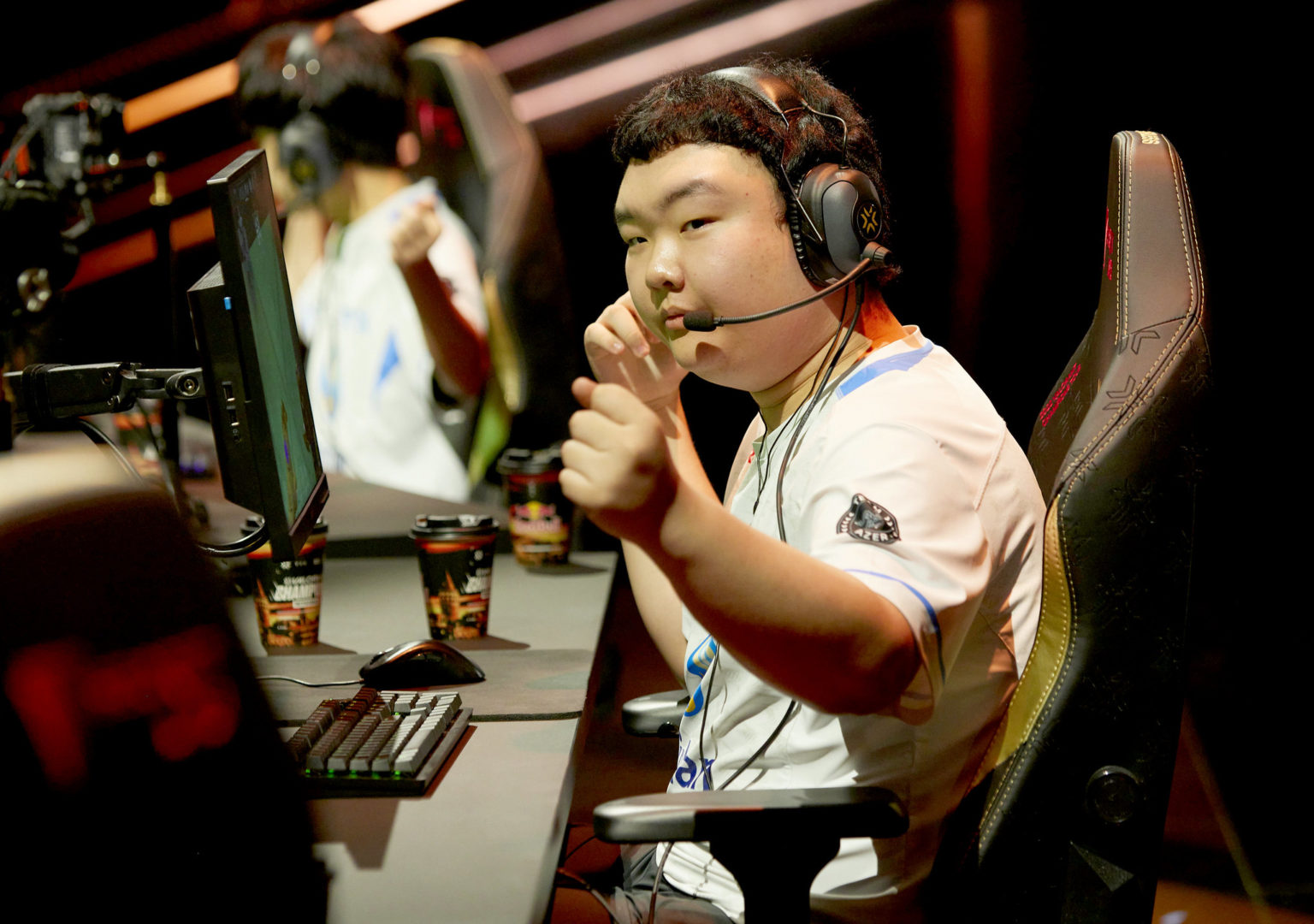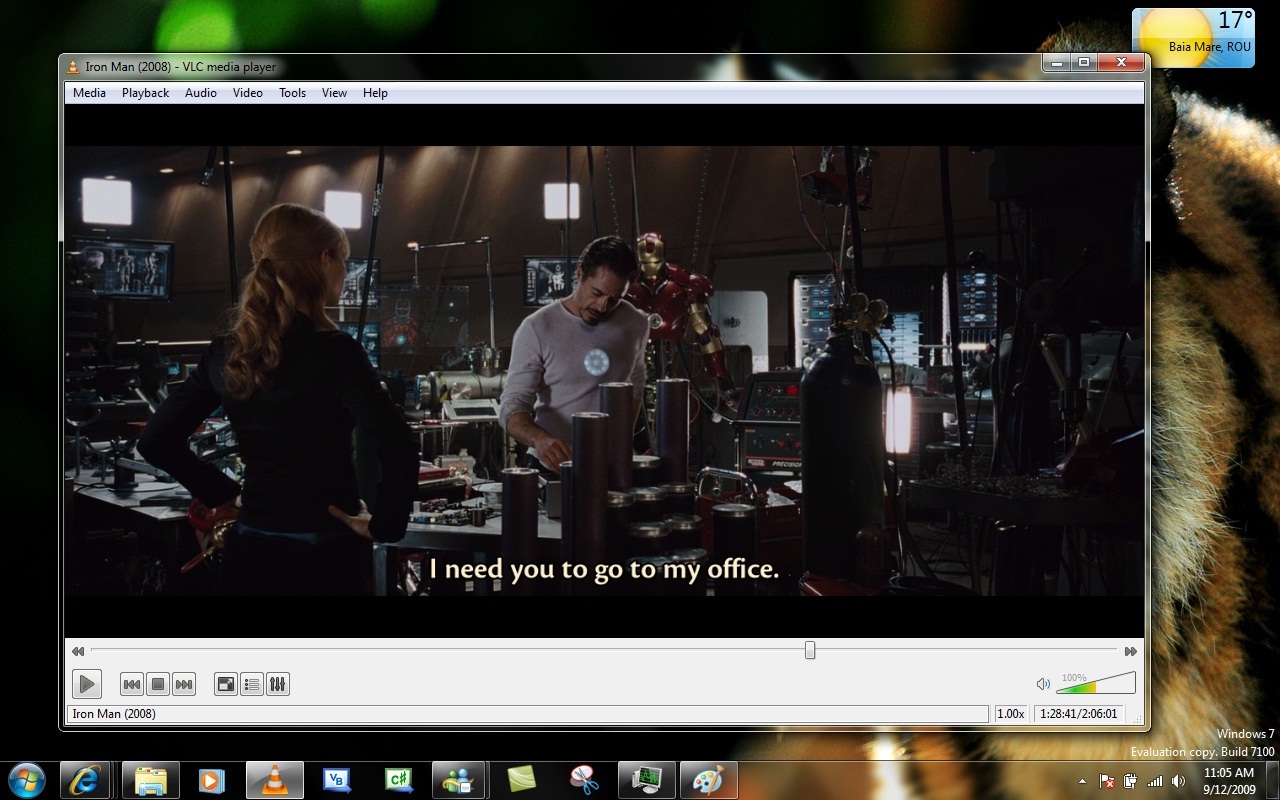Player In Relationships - What You Need To Know
When someone talks about a "player" in relationships, it is almost like discussing a very popular online service, one that lets you watch all sorts of shows and films. Just like a streaming platform offering countless options, a person described as a "player" often presents themselves with a wide array of appealing qualities, drawing others in with a promise of something exciting and new.
You see, a service like Player.pl, for instance, lets you check out its most engaging content, sometimes even a week before it shows up on regular television. This sort of immediate access, this special peek, can feel quite appealing, can't it? A person who is a "player" might give off that very same vibe, making someone feel like they are getting something exclusive, something not everyone else gets to experience. It's about that initial draw, that feeling of being chosen, which can be pretty powerful.
Then there are the films available right from the cinema, or those specially chosen stories for kids, all there for you to pick. A "player" often has a similar selection of charms, a way of being just what someone might be looking for, whether it is a bit of fun, some lightheartedness, or even a feeling of being understood. They appear to have something for everyone, a kind of versatility that makes them seem like a good fit for whatever you might be seeking in a connection, at least at first glance.
- Steven Yeun Acceptance Speech
- Did Taylor Swift Go To The 2024 Met Gala
- Olivia Rodrigo Met
- Is Live With Kelly And Mark Moving
- Why Is Drakes Name Aubrey
Table of Contents:
- Who is a "Player" in Relationships - A Profile
- How Does a "Player" Operate in Relationships?
- What Makes a "Player" So Appealing?
- Can You Spot a "Player" in Relationships?
- The "Player" and Their "Content Library"
- Is it Possible to Change a "Player" in Relationships?
- When the "Player" Plays 4K/360° - What Does That Mean?
- Protecting Your Heart from a "Player" in Relationships
Who is a "Player" in Relationships - A Profile
Personal Details - The Archetype of a "Player" in Relationships
| Common Characteristics | Appears very charming, offers quick excitement, avoids deep connection, seeks variety, often seems very adaptable. |
| Typical "Content" Offered | Fun outings, light conversation, promises of future plans, feeling of being special. |
| Preferred "Viewing" Method | Casual dates, short-term engagements, interactions on their own terms. |
| "Subscription" Model | Often free of long-term commitment, perhaps a "trial period" for emotional investment. |
| "Playback" Style | Smooth, often without "commercial breaks" of serious talk, can shift from one "program" to another. |
Understanding the "player in relationships" persona.
A "player" in relationships is, in a way, very much like a service that lets you watch a lot of different things. They are often described as the most universal kind of service, able to fit into almost any situation or group. Just like a platform that offers films, series, fun shows, and even news, this kind of person seems to have something for everyone. They can shift from one sort of interaction to another with ease, perhaps being very serious one moment and then quite playful the next. This adaptability is, frankly, one of their most noticeable features, allowing them to connect with many different people on various levels.
- Chelsea Clinton Husband Photos
- Trump Administration Removes Ban On Segregated Facilities In Federal Contracts
- Miss Ellie Dog
- Joann Kern
- Who Is Amber Rose Dating Now
This individual, much like a versatile media player, is built to make watching or listening to content more enjoyable for themselves. They might focus on making the experience light and entertaining, ensuring that the time spent together feels pleasant and without too much weight. You could say their primary function is to keep things flowing smoothly, much like a program that just keeps playing without interruption. They tend to avoid anything that might feel like a "commercial break" or a moment of deep reflection, preferring to keep the emotional content on a more superficial, easily consumed level. It's really about maintaining a certain kind of ease, a kind of simple enjoyment, for their own benefit.
Moreover, consider how some media players can handle all sorts of video and audio formats. A "player" in relationships can, in a similar fashion, interact with a wide array of people, adapting their approach to suit each person's particular "format" or personality. They seem to have a way of "playing" with different emotional frequencies, making each connection feel unique, yet without truly committing to any one specific "format" for the long run. This ability to be a "multi-format" individual is, in some respects, what gives them their reputation. They are quite good at being whatever someone might need them to be, for a little while, at least.
How Does a "Player" Operate in Relationships?
The "player in relationships" and their varied approaches.
When we look at how a "player" operates, it's a bit like watching someone use a comprehensive online service. They let you watch your favorite titles wherever you wish and whenever you wish. This means they are often the ones setting the terms for interactions, making sure things happen on their schedule and in places that suit them. There is a sense of being available, but only on their own terms, giving them a lot of personal freedom. It’s almost as if they are saying, "You can enjoy this content, but I decide when and where it is streamed," which can feel a little confusing for others involved.
Think about how some services offer special packages that give you access to a whole library of shows and films. A "player" in relationships might offer a similar kind of "package deal." They might present themselves as someone with a lot to offer, a full "library" of appealing qualities or experiences. This "library" is often vast, containing various "programs" and "series" of interactions, from lighthearted chats to more intense, but still temporary, connections. They seem to have an endless supply of ways to keep things interesting, just like a service that always has something new for you to watch.
Furthermore, a media player is, basically, a tool designed to play videos. In a relationship context, a "player" might be seen as someone who uses interactions as a tool for their own enjoyment or validation. They might not be looking for a deep, lasting connection, but rather for the experience of "playing" out a relationship scenario. This can mean they are very good at creating the feeling of intimacy or closeness, but it is often for the sake of the "performance" itself, rather than a genuine bond. They are, in a way, simply running a program, and once that program is over, they are ready for the next one.
What Makes a "Player" So Appealing?
The charm of a "player in relationships."
So, what makes a "player" so attractive? It's really like that feeling of getting a show a week before it airs on TV. There is an element of novelty and exclusivity that they often bring. They might make you feel special, like you are getting a sneak peek into something wonderful, something that others haven't seen yet. This early access, this feeling of being ahead of the curve, can be very enticing. It creates a sense of excitement and a belief that this connection is unique, which is pretty powerful for anyone hoping for something meaningful.
Moreover, the appeal can come from their ability to offer "movies on demand straight from the cinema." This suggests a constant stream of new, exciting experiences, always fresh and current. A "player" might always have a new idea for a date, a new story to tell, or a new way to make you feel entertained. They are, in a sense, always bringing something "newly released" to the table, preventing any sense of boredom or routine. This constant flow of fresh "content" keeps things lively and prevents deeper questions from arising, which is often their aim.
Another aspect is their apparent versatility. Just like a service that is called the "most universal" because it offers films, series, entertainment, and information, a "player" seems capable of providing whatever you might be seeking. If you want fun, they are fun. If you want someone to talk to, they listen. This ability to adapt to different needs makes them seem like a perfect match, at least for a while. They are, in effect, a comprehensive entertainment package, able to fill many different roles without truly settling into any one specific role or commitment.
Can You Spot a "Player" in Relationships?
Identifying patterns in a "player in relationships."
Identifying a "player" often comes down to noticing certain patterns, much like recognizing the features of a particular streaming service. One key sign might be their preference for "watching favorite titles online, where you want and when you want." If someone consistently dictates the terms of your interactions, always preferring to meet on their schedule or in places that are convenient for them, it could be a sign. There is a general lack of flexibility on their part, a tendency to keep things on their own terms, which is usually a big red flag for deeper connections.
Another pattern to observe is their "content library" approach. Just like a service that gives you access to a vast collection of programs and films, a "player" might seem to have many different connections or ongoing interactions. They might talk about many different people in their life, always seeming to have options. While this isn't necessarily bad, if it's coupled with a general avoidance of deep, personal sharing, it could suggest they are treating relationships like a buffet of options, rather than a singular, focused connection. They are, in a way, always browsing for the next "show" to watch.
You might also notice a certain "free zone with channels" quality. This could mean they offer a lot of casual, low-commitment interactions, almost like free channels that don't require a subscription. These interactions might be fun and engaging, but they never seem to progress to anything more serious. They are content to stay in the "free zone," avoiding any "premium package" that would require more emotional investment or a long-term commitment. It's a way of keeping things light and open-ended, which is very typical of a "player" approach.
The "Player" and Their "Content Library"
Exploring the "player in relationships" emotional repertoire.
The "content library" of a "player" in relationships is, in a way, quite impressive, much like a service that holds a massive collection of shows and movies. This individual seems to have a vast array of emotional responses and conversational topics ready to deploy, almost like different genres in a media library. They can be funny, serious, comforting, or exciting, depending on what the "scene" calls for. This versatility allows them to engage with many different people, each time pulling out the right "program" to fit the moment. It's quite a display of adaptability, really.
This "library" includes "programs and series" that are often engaging, designed to keep you interested. A "player" knows how to tell a good story, how to make you laugh, and how to create moments that feel special. These are the "episodes" they offer, each one crafted to be enjoyable and to leave you wanting more, but without necessarily leading to a complete "series finale" that brings true resolution or a lasting commitment. They are, essentially, masters of the compelling preview, making you excited for what might come next, but never truly delivering the full, extended run.
Within this "library," you might also find "selected cartoons for children," which speaks to a lighter, perhaps even innocent-seeming side. A "player" can sometimes present themselves as very charming and harmless, using playful banter or a seemingly carefree attitude to disarm others. This can make them seem less threatening and more approachable, drawing people in with a sense of lightheartedness. It's a bit like offering something universally appealing and easy to consume, without any heavy themes or deep emotional demands, which is often very effective in the short term.
Is it Possible to Change a "Player" in Relationships?
Hope for the "player in relationships" dynamic.
The idea of changing a "player" is a bit like trying to change the fundamental purpose of a media player. A media player is, by its very design, a tool to play content. Its core function is to facilitate viewing and listening, not to become the content itself or to form a lasting bond with the viewer. Similarly, a "player" in relationships has often adopted a certain approach to interactions, one focused on personal enjoyment and variety rather than deep, singular connections. This is a very ingrained way of operating for them.
While some media players might offer new features or updates, their fundamental purpose remains the same. You might hope that a "player" will "update" their approach, perhaps by choosing to focus on one "channel" or one "series" for a long time. However, their established "programming" tends to lean towards broad access and varied content. It would require a significant internal shift for them to move from being a "universal service" that plays many things to being a dedicated "single-channel broadcast" for one person. That sort of change is quite a personal undertaking, not something that can be imposed from the outside, frankly.
For a "player" to truly change, it would mean rethinking their entire "subscription model," moving from a free-access, no-commitment approach to one that requires a full, dedicated package. This is a big step, one that they would need to choose for themselves, rather than being persuaded into it. Just like a media player's function is to play what is available, a "player" is focused on what they can experience. A real shift would mean them wanting to *create* content with one person, rather than simply *consuming* it from many sources, which is a very different kind of relationship. It's a pretty fundamental shift in their operational system, if you think about it.
When the "Player" Plays 4K/360° - What Does That Mean?
High-definition experiences with a "player in relationships."
When a "player" in relationships operates at what you might call "4K/360°," it means they are offering an incredibly immersive and seemingly complete experience. Just like a media player that can handle high-definition video or a full panoramic view, this individual can make interactions feel incredibly vivid and all-encompassing. They might be very skilled at creating a sense of deep connection, making you feel like you are at the very center of their attention, almost as if you are in a completely wrapped-around emotional space. This level of engagement can be very powerful and quite disorienting, too.
This "4K/360°" approach also means they are capable of playing many different types of "content" with high clarity – whether it's intense emotional conversations, fun lighthearted moments, or even seemingly serious discussions about the future. They can switch between these "formats" seamlessly, making each one feel authentic and fully realized. It's like they have a full suite of emotional "codecs" at their disposal, allowing them to render any interaction in stunning detail. This makes them appear incredibly capable and emotionally rich, even if the depth is, in some respects, just a very good performance.
Consider how a media player can also "mirror & record idevice screen" or "stream media files." A "player" in relationships might have a similar ability to reflect your own desires back to you, making you feel perfectly understood. They might also "record" or remember specific details about you, using them later to make you feel even more connected. And like streaming, their connections can feel effortless and immediate, but also easily disconnected. They are very good at making you feel seen and heard, but often this is a reflection of your own needs rather than a true, shared experience, which is a rather subtle distinction.
Protecting Your Heart from a "Player" in Relationships
Strategies for dealing with a "player in relationships."
Protecting your heart from a "player" is a bit like learning to use a media player wisely, recognizing its purpose and limitations. The first step is to understand that, much like a tool designed to play videos, their primary function might be to experience relationships in a specific, often non-committal way. Recognizing this core function can help you set your expectations appropriately. If someone consistently shows signs of being a
- Zac Clark Kaitlyn
- Marisa Wayne Siblings
- Did Taylor Swift Go To The 2024 Met Gala
- Kate Iger
- Nicole Richie And Brody Jenner

File:Lionel Messi Player of the Year, 2011.jpg - Wikimedia Commons

Best VALORANT Players, Ranked | Who Is the Best VALORANT Player? - Dot

Official download of VLC media player, the best Open Source player